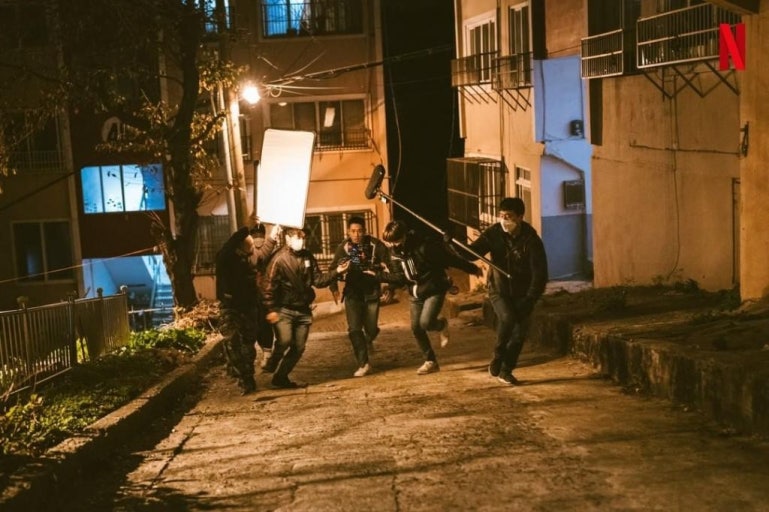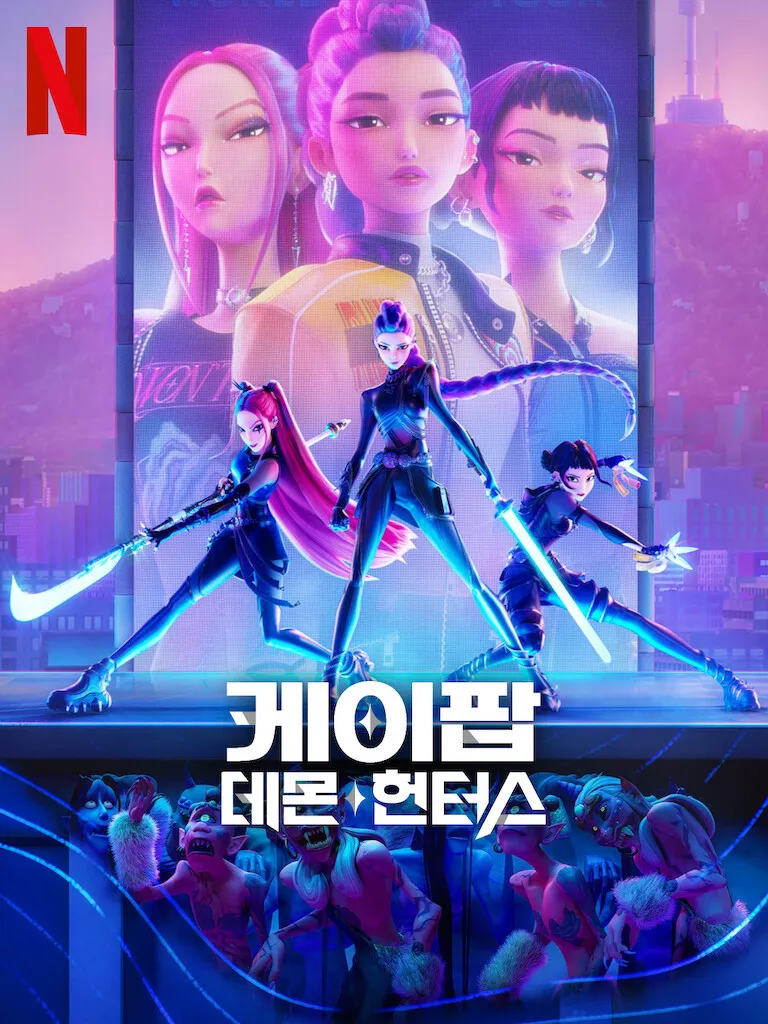Now Reading: Why Global Filmmakers Are Flocking to Busan — Korea’s Explosive New Filming Hotspot
-
01
Why Global Filmmakers Are Flocking to Busan — Korea’s Explosive New Filming Hotspot

Why Global Filmmakers Are Flocking to Busan — Korea’s Explosive New Filming Hotspot
Why Global Filmmakers Are Flocking to Busan — Korea’s Explosive New Filming Hotspot
Busan is on fire! As K-culture takes the world by storm, Korea’s second-largest city is emerging as a thrilling new filming destination. With mountains that kiss the sea and neon-lit streets echoing cinematic charm, Busan is rapidly becoming a global favorite — and here’s why.
1. Busan’s Scenic Shock: Where Mountains Crash into the Sea

Unlike Seoul’s metropolitan vibe, Busan boasts jaw-dropping landscapes where rugged hills dramatically descend into the ocean. This rare combination offers directors unparalleled visual options — from sunlit beaches to gritty urban alleys. It’s no wonder titles like Marvel’s Black Panther and Apple TV+’s Pachinko made Busan their canvas. These major hits amplified Busan’s allure in Hollywood and beyond, creating a visual legacy that new productions eagerly follow Busan Film Commission 2025.
2. Exploding International Demand: From Hollywood to Romania
The Busan Film Commission (BFC) recently reported a mind-blowing 30% year-over-year increase in projects — from 30 to 39 in just six months. Even more telling: streaming series doubled from 5 to 10! Productions now hail from the U.S., U.K., and Romania — a marked shift from traditional East Asian teams. Busan’s exotic-yet-accessible geography, paired with top-tier infrastructure, is turning heads worldwide Visit Korea 2025.
3. Hollywood Loves a Good Reference Point — Busan Has Several
Success breeds more success. Following the filming of Black Panther and Pachinko, Busan is basking in the spotlight. Production companies increasingly share glowing testimonials at international festivals and networking events. It’s a domino effect: one blockbuster leads to another, with Busan as the coveted backdrop.
4. Stream Wars Ignite Location Gold Rush
In the fierce battlefield of streaming wars, authentic locales are golden. Busan delivers. With easy access via air and sea, plus film-friendly policies and logistics courtesy of the BFC, production crews find everything from bustling markets to secluded temples within arm’s reach.
5. The Fiery Priest 2 Sparks On-Location Buzz
Domestic hits like SBS’ The Fiery Priest 2 filmed key scenes in Busan, triggering fan pilgrimages. These passionate K-drama followers flock to locations like Haeundae and Gamcheon Culture Village, boosting tourism and local pride. It’s art meeting economy in the best possible way.
6. Busan’s Secret Weapon? Seamless Support!
The BFC, operating since 1999, is Busan’s ultimate backstage pass. It handles everything from port access to permits with precision, giving foreign crews a turnkey solution. This on-the-ground expertise is a game-changer — especially in time-sensitive productions.
7. What’s Filming in Busan Right Now? Here’s the Explosive Lineup
This year’s slate is sizzling. Films like Yadang: The Snitch, Hi-Five, Hitman 2, and The Match are already in the can. Series-wise, Netflix’s When Life Gives You Tangerines and JTBC’s Good Boy are captivating audiences.
8. What’s Coming Next? Prepare for a Cinematic Onslaught
Coming soon: Netflix’s Trigger premiered in July. Can This Love Be Translated? drops in Q4. And brace for Disney+’s September shocker Tempest, starring Jun Ji-hyun and Gang Dong-won, followed by The Manipulated. Park Chan-wook’s latest? Also filmed here.
9. Busan’s Cultural DNA Now Fuels Storytelling
Studios aren’t just using Korea as a backdrop — they’re weaving its culture into plotlines. Busan’s dialect, food, and customs now shape narratives, giving global stories a distinctly Korean flavor.
10. Fans Are Turning Filming Sites into Must-See Shrines
From Jagalchi Market to the Busan Cinema Center, sites featured in TV and film are experiencing a tourism boom. Fans travel to relive scenes, buy themed merchandise, and post viral selfies. Busan’s screen fame is becoming street reality.
Can-You-Believe-It? Busan Beats Seoul in Film Growth Rate
Seoul may still be Korea’s star, but Busan is now the box-office breakout. With international appeal and logistical brilliance, it’s claiming a crown few expected.
| Production | Platform | Status |
|---|---|---|
| Trigger | Netflix | Premiered July 2025 |
| Tempest | Disney+ | Releases September |
| Can This Love Be Translated? | Netflix | Q4 2025 |
| No Other Choice | Theatrical | In Post-production |
Step-by-Step Guide
- Contact the Busan Film Commission.
- Scout locations via BFC’s digital map tools.
- Apply for filming permits early.
- Coordinate logistics: hotel, transport, local crew.
- Leverage BFC’s promotional support.
Common Mistakes to Avoid
- Assuming Seoul is your only filming option in Korea.
- Ignoring Busan’s permitting timelines.
- Underestimating BFC’s free support services.
FAQ
Q1. Is Busan suitable for big-budget productions?
A. Absolutely. It has hosted Marvel and Apple TV+ projects with ease.
Q2. Does Busan offer incentives for foreign film crews?
A. Yes, including logistical aid and location matching via the BFC.
Q3. Are language barriers a problem?
A. No. Many BFC staff are multilingual and experienced with global crews.
Expert Insight
“Busan is no longer Korea’s best-kept secret. It’s the next big thing for global storytelling.” — Lee Min-jae, International Location Scout






























